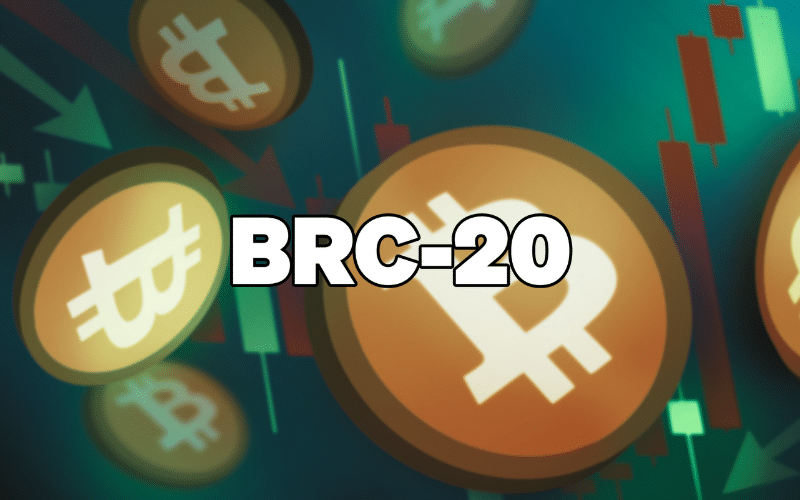
The founder of Bitcoin BRC20 Domo publicly criticized the implementation of the proposed Ordinals Jubilee upgrade of the Unisat wallet. Finally, Domo called on the Bitcoin BRC20 community to reject the imminent fork that is being suggested by Unisat, urging for a non-profit and safety-first approach to the maintenance of the protocol.
Domo took to the X platform to air his concerns, saying, “Recognizing the serious implications and valuations involved, I believe rushing these updates in BRC20 is reckless, disregards their peer indexers, and possibly could harm the broader community of BRC20 users.” He drew parallels with the 0.8/0.9 debacle of how injecting new updates into the BRC20 standard was infeasible.
Recognizing the serious implications and valuations involved, I believe rushing these updates in BRC20 is reckless, disregards their peer indexers, and could potentially harm the broader community of BRC20 users. The 0.8/0.9 incident highlighted the complexities of integrating… https://t.co/RccP7bYdVY
— domo (@domodata) January 2, 2024
The founder emphasized the need for a robust testing, coordination, and validation infrastructure before implementing protocol enhancements. Domo, too, expressed skepticism on motivation timing and the incentive structure of actions taking place by Unisat by referring to it as calculated continuous efforts to control the protocol.
A non-profit foundation called L1Fxyz has formed in response to Domo’s concerns. Centered around the decentralized nature of the BRC20 standard, this foundation aims to promote and support its principles. The foundation is running an indexer, which is currently working on making sure all funds in BRC20 assets are safe. Domo and the BRC20 community called on everyone to reject Unisat’s proposed fork. Instead, they advocated for unity in pursuing a non-profit approach to maintain the protocol with a focus on safety.
Unisat Stands Firm in Support of Bitcoin’s BRC20 Upgrade
Unisat published apologies to calm fears after abandoning other tasks. The team decided to prioritize the upgrade of Ordinals Jubilee for BRC-20. They emphasized the tight schedule but assured that they would conduct due diligence to prevent any split in the BRC20 community.
Unisat responded that the term ‘split’ denotes a more complicated situation than a regular ‘fork’ when queried. In this context, a fork signifies two streams diverging independently. In the case of a split, sets A (BRC-20 frozen at 0.9) and B (Ordinals Jubilee) coexist on the same physical blockchain. However, they operate under distinct rules. This situation may result in cross-affects between the two sets.
We were asked: What do you mean by using the word 'split'? Can you expand it?
It’s actually a good question. The reason we use the word 'split' is because it’s much more hard to deal with than a 'fork'.
A 'fork' is a stream physically broken into two streams, which go in their…
— UniSat – Inscribe your dream. (@unisat_wallet) January 2, 2024
Amidst this drama, the BRC20 finds itself at a crossroads. It is torn between Unisat’s urgency and Domo’s call for a measured, community-focused approach. The Ordinals Jubilee upgrade is looming, and the fate of BRC20 hangs in the balance. It awaits the community’s collective decision on the proposed fork.
Related Reading | Economist Peter Schiff Says Spot Bitcoin ETF Could Crash Bitcoin Price








